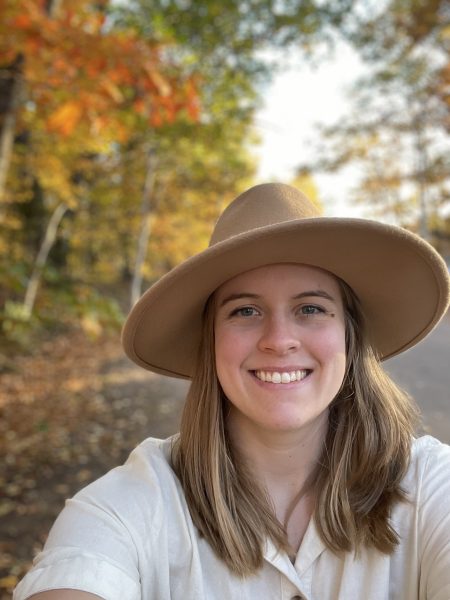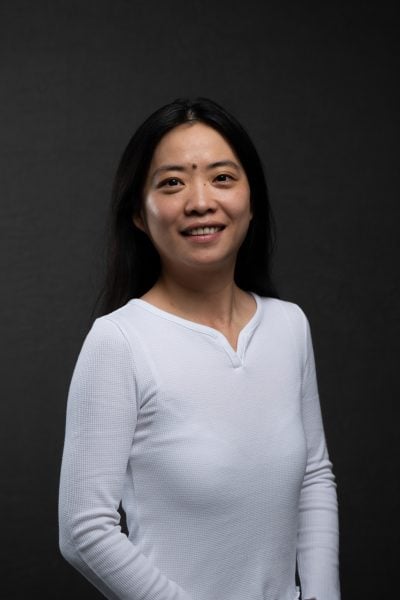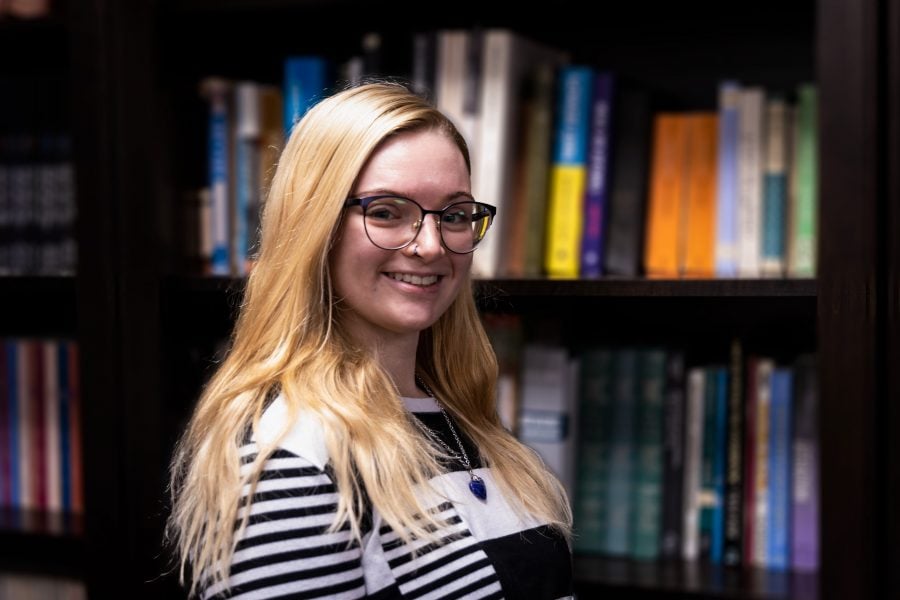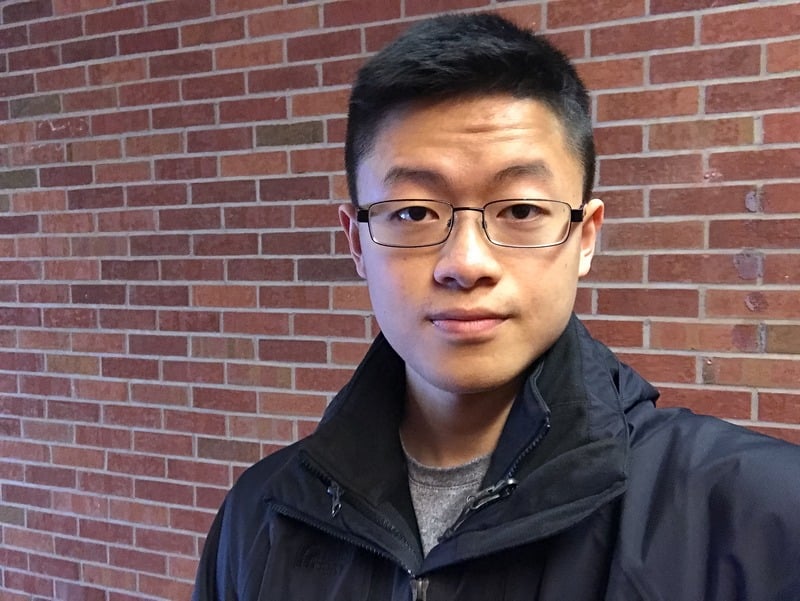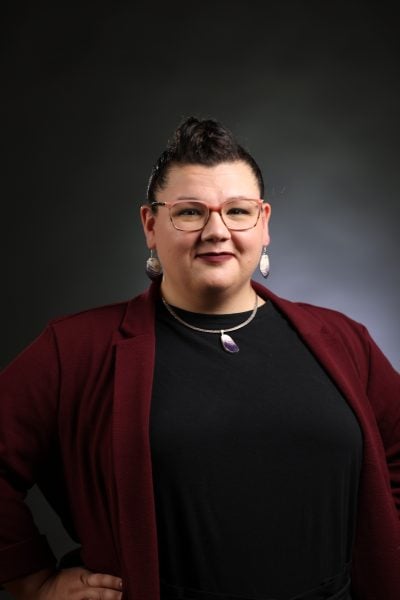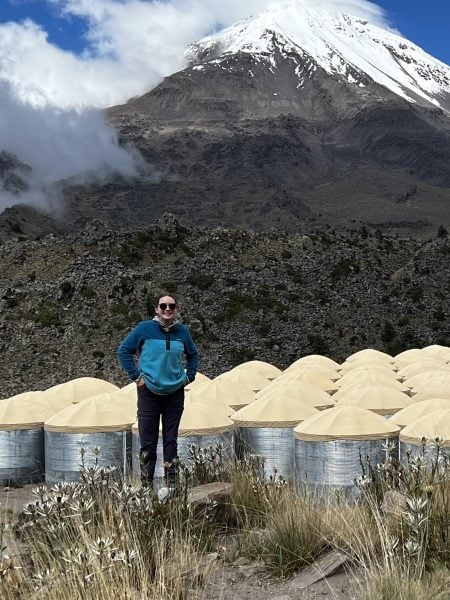
I’ve always been fascinated with the how things work on a fundamental level. Why does a ball roll on an uneven surface? Why does a light bulb turn on when I flip a switch? My curiosity has also stretched beyond earth’s reaches, to the stars we see in the night sky and all the other phenomena in our universe untouchable by the naked eye. Naturally, this curiosity evolved into a Bachelor’s degree in Physics (Rose-Hulman Institute of Technology, 2020) and led me to join Michigan Technological University’s physics department in the fall of 2020. While at Tech, I’ve been exploring our galaxy through gamma-ray astronomy with the High-Altitude Water Cherenkov (HAWC) Observatory. My research has focused on exploring astrophysical objects, like supernova remnants and pulsar wind nebulae, that accelerate cosmic-rays to energies a trillion times more energetic than visible light, and which produce some of the highest energy gamma-rays we detect in our galaxy. I have also been able to use my experience with HAWC and apply it to the research and development of a next-generation, ground-based, gamma-ray observatory: the Southern Wide-field Gamma-ray Observatory (SWGO).
I am deeply grateful to my advisor, Dr. Petra Huentemeyer, who has not only helped me find my footing in the astrophysical community, but who has also supported me in presenting my work across the world at international conferences and meetings. I have presented my work with HAWC at conferences like the International Cosmic Ray Conference and had it published in Astronomy & Astrophysics. I was also granted a position in the DOE Office of Science Graduate Student Research Program, where I was able to conduct research at Los Alamos National Laboratory. While there, I was able to explore physics that goes beyond the Standard Model with HAWC data.
I extend my gratitude to the Graduate School, Graduate Dean Awards Advisory Panel, and all the donors for awarding me the Doctoral Finishing Fellowship. I would like to thank the Physics Department and the Nicholas Matwiyoff & Carl Hogberg Endowed Graduate Fellowship, as well as my advisor, for supporting my graduate studies throughout my time at MTU. I would also like to thank the scientists in the HAWC and SWGO collaborations, especially those who are in my group here at MTU, for sharing your knowledge with me and helping me to learn the beauty of our gamma-ray skies.

